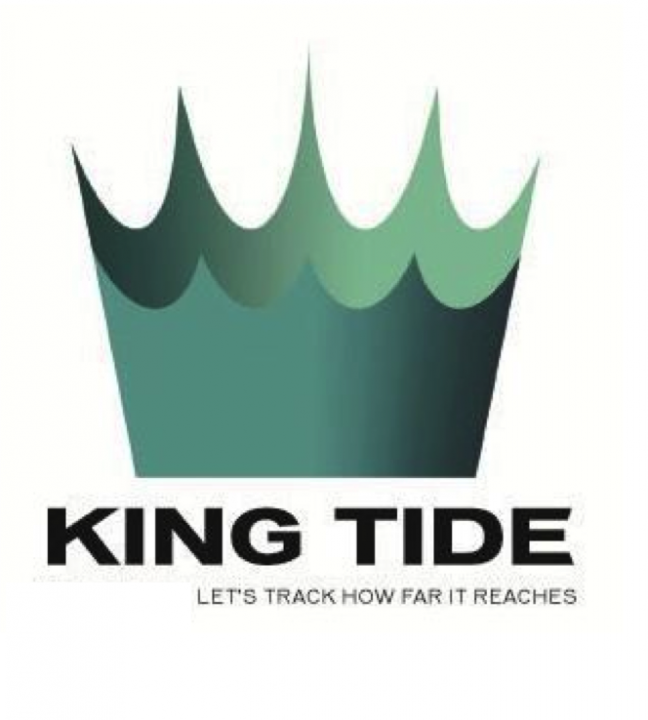
King Tide Project Resources
Explore podcasts, flooding photos, info on how schools can participate in the King Tide Project, and Lesson Plans.

Explore podcasts, flooding photos, info on how schools can participate in the King Tide Project, and Lesson Plans.
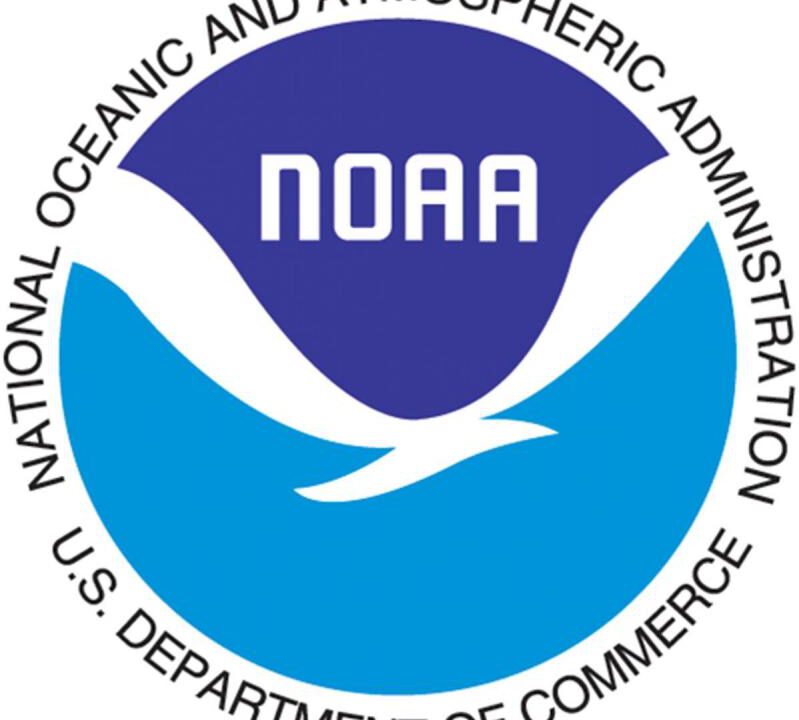
Lessons and activities that vary from hands on, experiments, fieldwork, and data collection all designed to complement coursework in grades k-12.
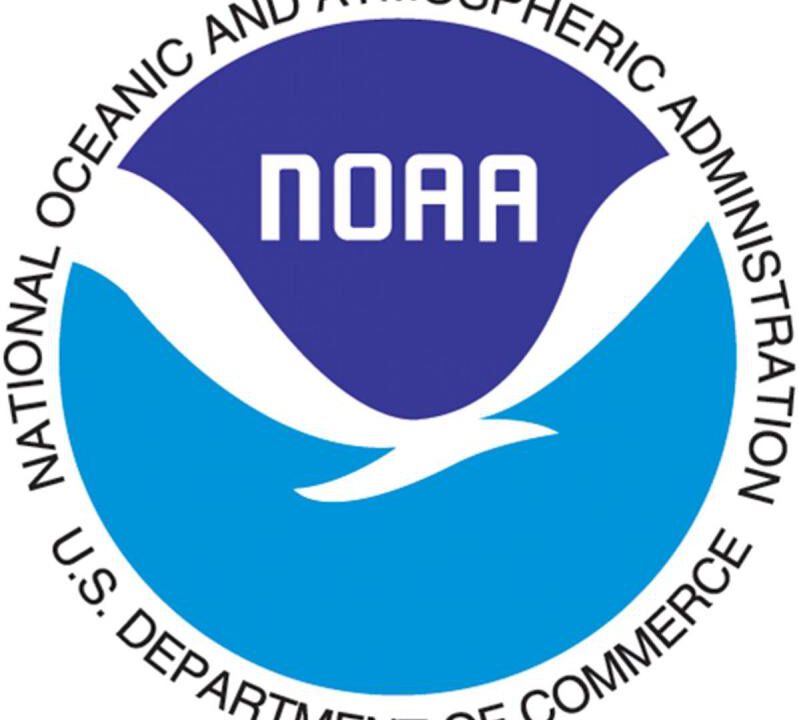
Mathematical model using digital elevation data, which simulates sea level rise impacts on wetlands and shorelines. Students can measure the potential impacts of sea level rise on wetland grasses and
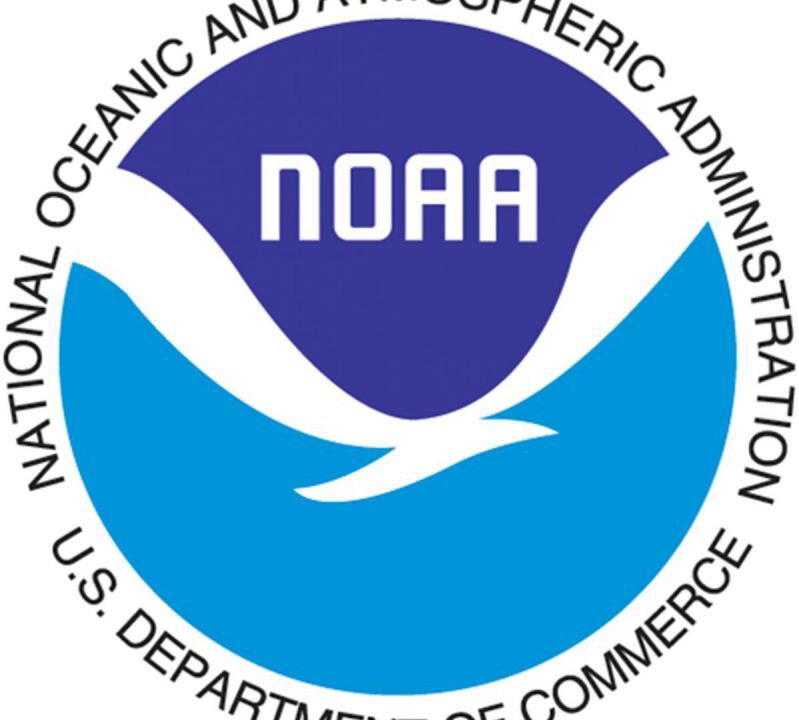
Visit your local Science on a Sphere and discover climate change, storms, ocean temperature, and more on the 6-ft. diameter animated globe.
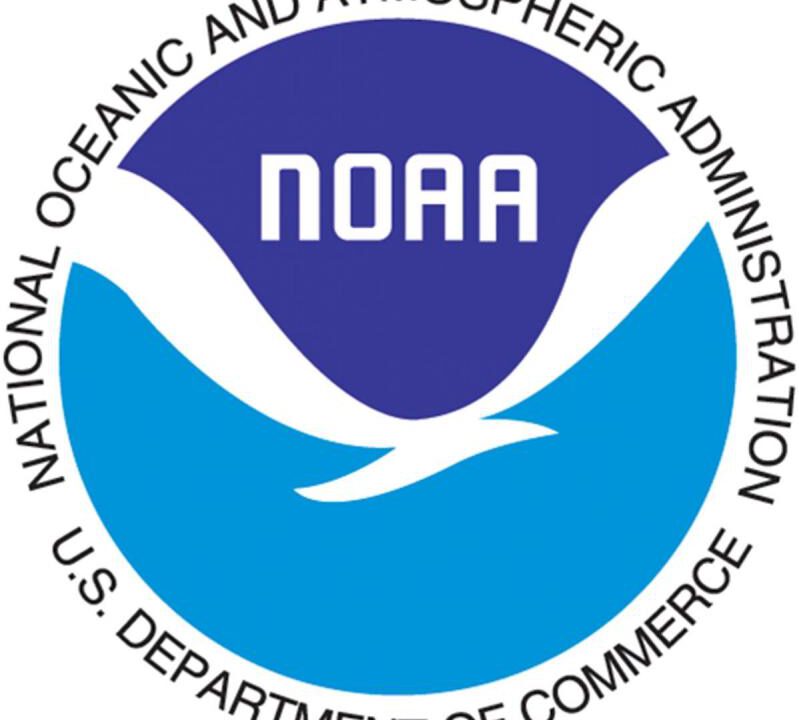
Web-based resources to determine the impact predicted higher tides on coastal areas, devise a plan to mitigate for these tides and discuss how to apply this to communities.
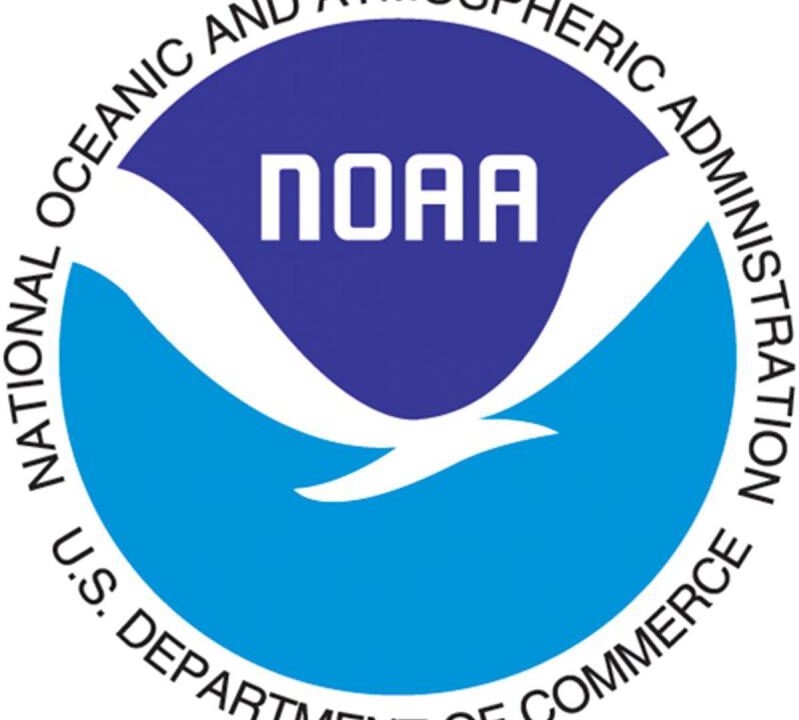
Students can use ocean data to explore today’s pressing environmental issues, and create problem solving skills. Includes online and classroom Lesson Plans and Activities with user friendly data exploration tool.
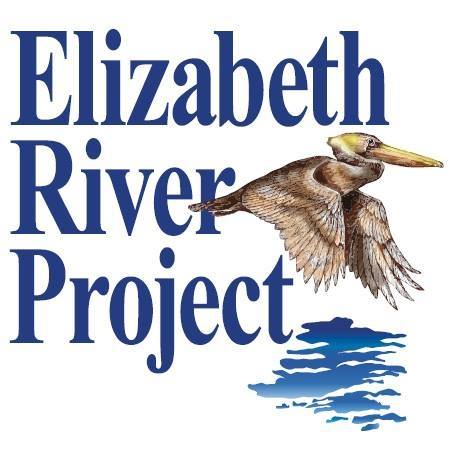
Build and plant a rain garden to help protect and restore the Elizabeth River today! Rain garden benefits include, reduce standing water after storms, reduce mosquitos, improve health of the
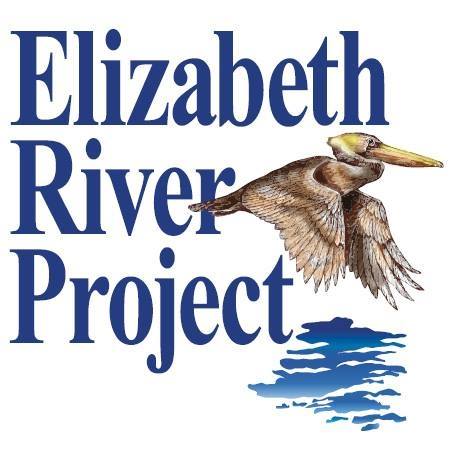
Elizabeth River Project for Elizabeth River watershed, 757-399-7487, elizabethriver.org; Lynnhaven River Now for Lynnhaven River watershed, 757-962-5398, lynnhavenrivernow.org. Non-profits provide plants and classroom/teacher guidance for students to grow native wetland
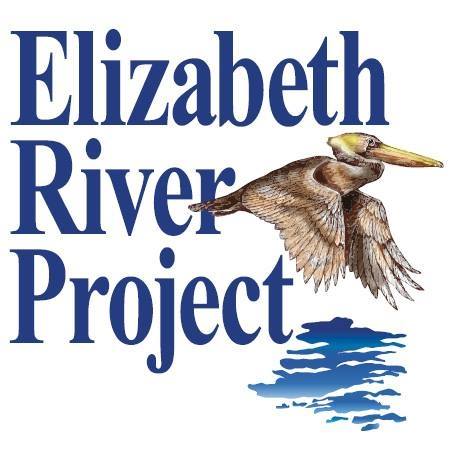
Discusses the current health and pollution conditions of the different branches of the Elizabeth River, and of the river as a whole. Learn about the changing conditions and ways in
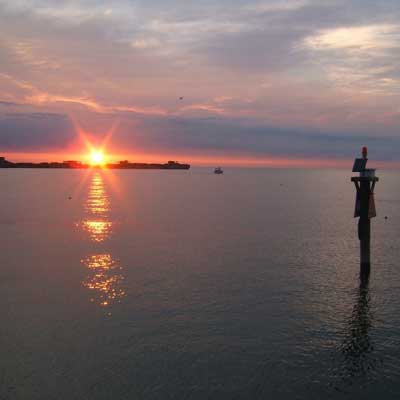
The Bay Journal informs citizens of current and local issues and events affecting the Chesapeake Bay. You can read articles online and sign up for their email subscriptions for free.
Notifications